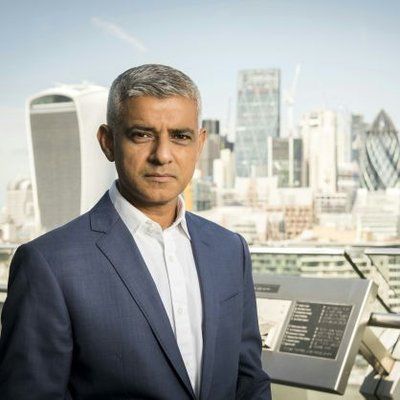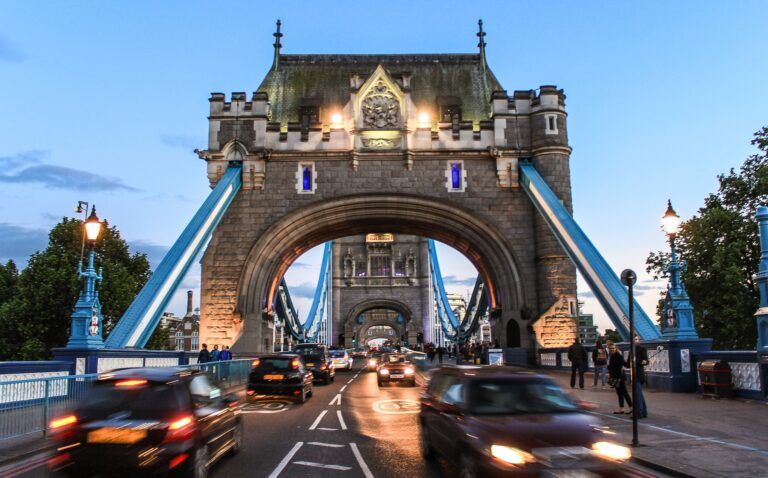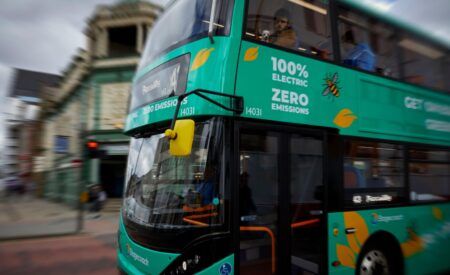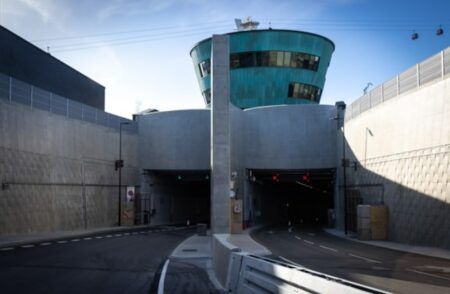Transport for London (TfL) is set to explore road-user charging that would charge drivers per mile traveled, at the request of the Mayor of London Sadiq Khan.
The proposal is part of a policy of reducing car traffic in the UK capital in an effort to meet zero-emission targets, which – a report commissioned by City Hall and published by Element Energy showed – will require a drop of 27% in motorised vehicle traffic by 2030.
According to Khan, smart charging could take into account distance travelled, locations, public transport alternatives, the time of day, as well as how polluting a vehicle was, with exemptions and discounts for those on low incomes and with disabilities, and support for charities and small businesses.
However, with technology to operate a pay-per-mile scheme unlikely to be ready soon, the mayor has told TfL to consider other policies that could be ready within the next few years. These include charging drivers of all but the cleanest vehicles a “small” daily fee of up to £2 to help reach climate change targets.
Other possible options include a daily clean air charge for all car journeys throughout Greater London, or applying the Ultra-Low Emission Zone (ULEZ) £12.50 daily charge to all petrol and diesel cars rather than just older models. TfL will also consider further expanding the ULEZ and introducing a boundary charge to drive into Greater London.
Fully-electric and other zero-emission cars would be exempt under all options. However, at the moment, just 2% of vehicles on London’s roads are electric.
The RAC called the road-pricing plan “poorly timed” with cleaner vehicles being “too expensive for most people”. However, Khan said he was “not willing to put off action” and is of the opinion that road-user charging would be a “simple and fair scheme” that could replace existing fees such as the congestion charge and the ULEZ.

“Both schemes are quite blunt and technology has moved on. I want London to be a global leader,” said Khan, before adding that he was “not willing to stand by and wait when there’s more we can do in London that could make a big difference”.
“We have too often seen measures to tackle air pollution and the climate emergency delayed around the world because it’s viewed as being too hard or politically inconvenient, but I’m not willing to put off action we have the ability to implement here in London,” Khan said.
While Jemima Hartshorn, of campaign group Mums for Lungs, said it was “a good day for London’s kids”, RAC head of roads policy Nicholas Lyes said the proposals “would create massive financial challenges for individuals, families and businesses who run a car in London and even for those who visit the fringes of the capital … and will punish those who simply cannot afford an electric car”.
The mayor and TfL will now begin a period of consultation with Londoners, local government and businesses, with the chosen scheme implemented by May 2024.





